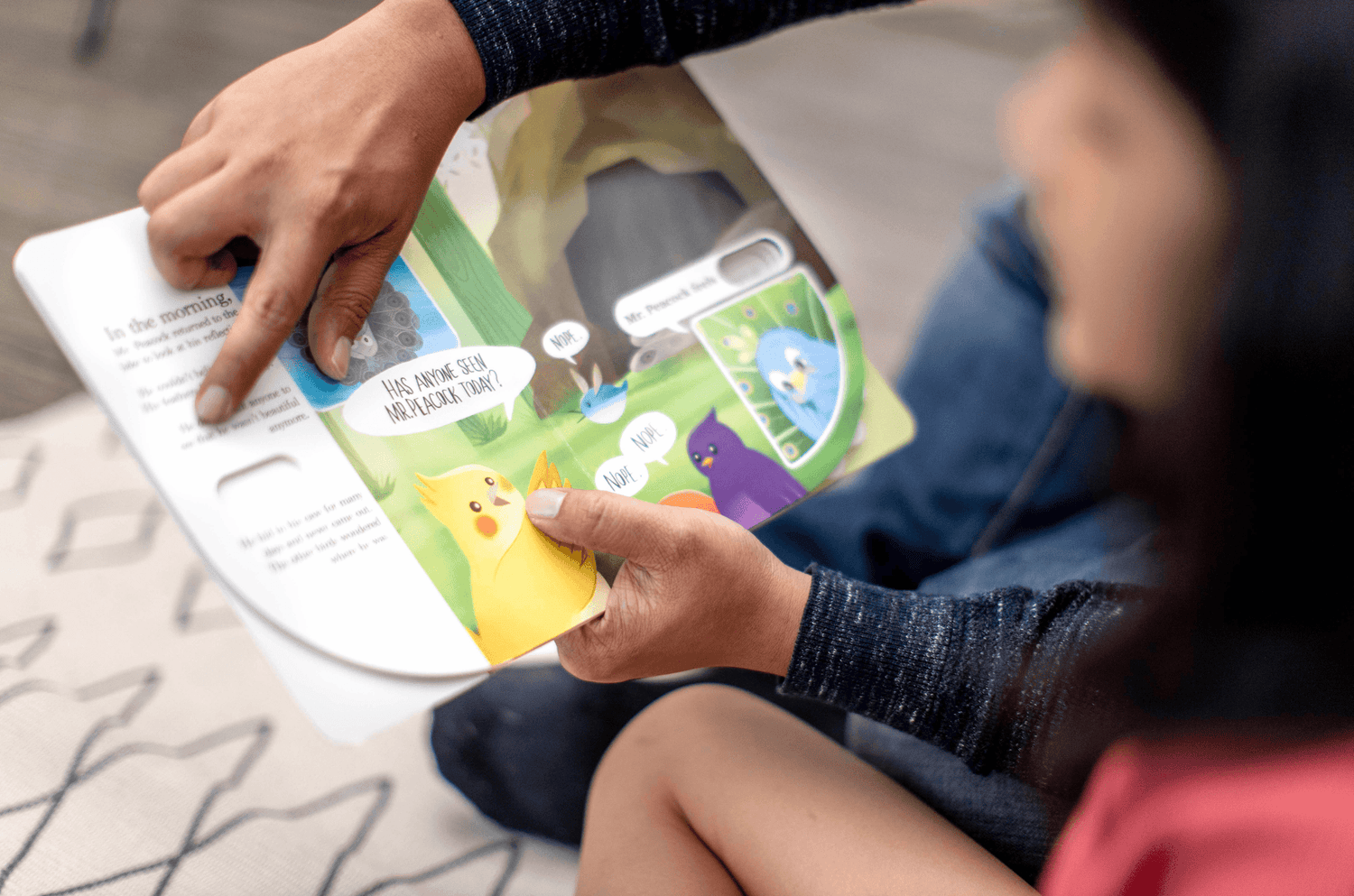It’s a long held misconception that children should not be taught more than one language because it might confuse them or delay their speech. However, these myths have been shown to be inaccurate since the early 2000s. Here are 3 reasons why young children should be bilingual that are backed by research.
- 1. Improved cognitive abilities
Bilingual children display better executive function, such as inhibitory control and flexible thinking. For example, the TV in the background is playing an English show, but your child is talking to you in Chinese, they will need to actively inhibit what they hear from the TV.
- 2. Improved social skills
Bilingual children have been shown to have a better understanding of other people’s perspectives, through understanding others’ intentions and thoughts. They also show increased sensitivity towards aspects of speech like tone and voice. This may be due to greater exposure to linguistic features of different languages.
- 3. The earlier the better
While older children (and adults) can certainly still learn a second or third language, young children are in a particularly sensitive stage of language development. That’s why your child can go from nearly zero language capabilities at birth to full fluency by primary school.
The benefits of bilingual learning have been shown time and time again - we’ve even made a kit specifically for that purpose. If you’re wondering how to go about teaching your child more than one language, check out this article that was prepared in collaboration with Tutor Time International Nursery and Kindergarten, a leader in pre-primary bilingual education.
Helpful resources
https://www.ncbi.nlm.nih.gov/pmc/articles/PMC6168212/
https://search.proquest.com/docview/199769811?pq-origsite=gscholar&fromopenview=true



